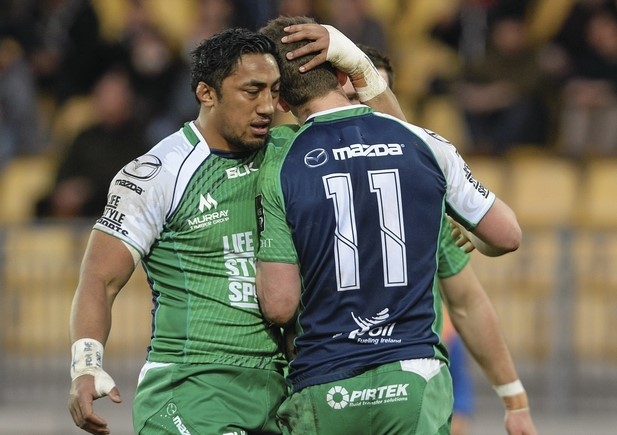There’s been a media storm of sorts since the Leinster final. Pundits saw Sunday’s game as a collapse for Galway. Ger Loughnane and Ollie Canning have taken pot-shots at each other. It would be understandable for a Galway hurler to be a bit demoralised after that defeat. I watched Sunday’s Kilkenny v Galway Leinster final with great interest. Galway had gone through a lot over the past year. What I was most interested in was the shape Galway’s new manager Michael Donoghue would put on the team. What style of hurling would they play? What way would they line out? In what was going to be the first really big game of his tenure, who was Donoghue going to place as the spine of his team?
Galway started the game well. The first half went well. There is no question about that. The move of Daithi Burke to full back to mark TJ Reid was a good one. John Hanbury was at centre back and although not a natural centre back, he was strong and held the middle well. Davy Glennon and David Burke were at midfield. Up front, once Cathal Mannion went in full forward and got decent ball he had Joey Holden in real trouble. The second half changed all that. Hanbury went into the full back line. Burke went out to left half-back to follow Reid. Glennon was taken off. Mannion got very little ball. Joseph Cooney struggled in the second half at centre forward and was also taken off.
I remember when I was small watching All-Ireland finals and semi-finals in the late 80’s and early 90’s, and that great Galway team were my favourite. Those Galway teams had a structure. Other players knew Malone/Mahon and Coleman would battle at midfield and could come out on top against any pairing. The famed half back line of Finnerty, Keady and McInerney was excellent. Joe Cooney was a genius and could be relied upon to win his fight at centre forward. With structure comes confidence and cohesion. Players up their game because they know the team is relying on them to produce.
The Galway team on Sunday did not have the luxury of a solid team structure. Players were swapped around here, there and everywhere. From my reckoning, only a few players started and finished the game in the positions they were selected in for Galway. Padraig Mannion, Conor Whelan, David Burke, Conor Cooney and goalkeeper Colm Callinan were, I think, the only players for Galway to stay in the same position for the duration of the game. Kilkenny, on the other hand left their goalkeeper, entire defence, midfield, Walter Walsh and JJ Farrell in the same spots for the entire game. When the going got tough, Kilkenny backed their team structure and personnel, and worked harder. When Galway’s ship looked like it was starting to sink, they moved around the deckchairs.
To my mind, Galway are not getting the full value from the individuals in their team. I think it’s unfair to brand the team as “gutless” as more than one pundit has. They need structure. They need a spine in their team. I’m not saying they need a fully settled side, as there is no evidence either way on whether a settled team is better or worse off. But in this case, for Galway, I think they need to be decisive rather than making so many changed. Most players will tell you that it is hard to build confidence if you are moved out of position after under-performing for 20 mins. Likewise, it is hard to have confidence in the rest of your team if everyone else is similarly moved if they are not immediately performing. So, what structure? Here is what I’d do.
I’d concentrate on getting the spine of the team set. Daithi Burke at full back, David Burke and Andy Smith at midfield, Joseph Cooney at centre forward and Cathal Mannion at full forward. Centre back has been a problem position for Galway for a long time. Personally, I think it’s amazing nobody has ever tried Joe Canning there (his array of skills, reading of the game, and Galway’s inability to get the best from him in the forwards), but that would be very short notice for this year. Joseph Cooney perhaps could be placed there. I would pick these guys in these positions, leave them there, and fill in guys around them. Hanbury and Coen or Killeen in the full back line, McInerney and Harte at wing back, Canning and Donnellan at wing forward and Whelan and Flynn at corner forward. The important thing, I believe, is to pick those central positions and back the players to perform there even in adversity.
Galway’s hurlers look leaderless at times, and while off-field factors such as personalities, relationships and so on are important, on field they struggle to build leaders because guys are always looking over their shoulder, whether that be a positional move or substitution. Going back the years, successful teams have always had a somewhat settled look, particularly the spine of the team. Joe Canning is a leader, but the team has looked to him too many times in the past, and now opponents know if they stop him, it’s unlikely anyone else is going to don the cape and spandex to rescue the team. New guys need to step up, and management need to help them to lead by showing faith in them to win their battles.







